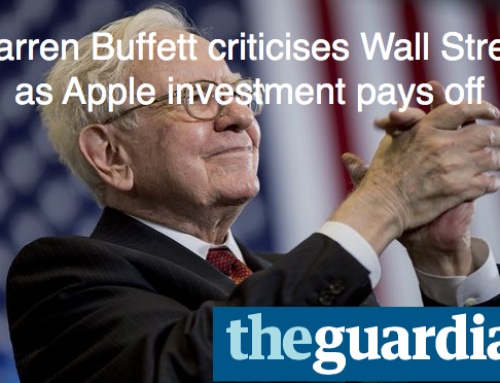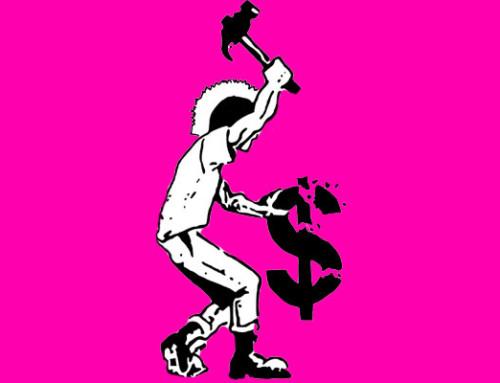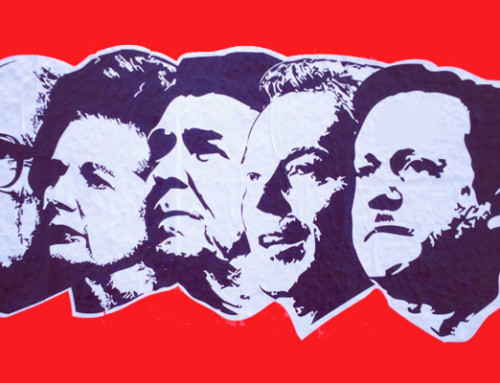Free Trade – or Protectionism?
In this blog post from The Book of Life, the authors review the long history of the free trade or protectionism debate, and conclude with this bit of wisdom:
defenders of free trade have been grossly negligent when it comes to arguing for, and instituting the political programme necessary to support the efficient operations of the system. It has forgotten the pain of the car workers, the coal miners and the steel makers. And, in democracies, there has been a heavy price to pay for this neglect,
Where I live, on the south coast of New England, in the USA, we have lived through this ourselves. With this difference. We did not lose our livelihoods to other countries. We lost them to other parts of our own country.
In the early 19th Century New England was the original Silicon Valley of a young American industrial economy. Blessed with an abundance of fast-moving rivers and other elements of regional fitness to function, New England became a center of textile manufacturing back in the days when textile manufacturing was the very highest of high tech. My hometown of Fall River, Massachusetts calls itself The Spindle City because at one time there was such a concentration of factories for spinning the yarns out of which fabric is made that our city boasted more spindles than any other place in the world. For many years, Fall River prospered as an important node in a network of work that imported cotton from the plantations of the South and exported manufactured yarns and fabrics to the rest of America, and the world.
But times change. Just as the water wheel had replaced the spinning wheel as factories gave us a future of more that was better, steam power replaced water power as factories became larger, and manufacturing evolved from working in fibers to weave textiles, to working in metal to make railroads and automobiles. “Go west, young man” was the wisdom of the day, and the economy did move west, first to Pennsylvania, with the railroads and the steel mills, then to Ohio, with automobiles and machine tools – the second Silicon Valley in America was the Mid-West (now known as the Rust Belt) – and more recently to California, where the actual Silicon Valley became a unique urban cluster of excellence in digital signal processing for personal computing and communications. Back home, textiles moved South, to be closer to the cotton, and the coal, as access to markets and fast-flowing rivers (Fall River was named after the Quequechuan River, an Indian name that means “falling waters”) no longer made our region uniquely fit to the functions of textile manufacturing. I have not studied this as closely as would be good, but my working hypothesis is that the final blow came in the post-War years, with the National Highway System, and air conditioning, which made it right for textile companies to relocate in the South.
The American South only enjoyed a brief flourish of textiles-driven prosperity, as globalization on a scale made possible by Silicon Valley computers and communications saw textile mills relocating to Southeast Asia.
The City of Fall River continues on as something of a legacy population center. We have not yet discovered our own Next Big Thing. But we will.
There is a lesson to be learned here, that will be good to share with the wider world. When work that is place-based becomes the focus of a monoculture of prosperity that relies on importing raw materials from some other place and exporting manufactured artifacts to many, many other places, and the uniqueness of that place is lost to changes in the world about us, that place and its people are going to suffer a loss of their prosperity. Times changed to make the prosperity happen. Times will change again, and that prosperity will fade away.
It is wrong for the people of that place to expect that the uniqueness of their place in a particular moment of time should be frozen in place for all time, just so they don’t have to experience change, and evolve their own prosperous adaptations to those changes. It is bad policy. It is bad morality. It is physically, an impossibility.
Times change. People adapt.
We must all learn this lesson from Lady Gaga. We must all be more or less constantly reinventing ourselves, creating by design a happy history of always moving towards a future of more that is better, filled with enough jobs, money and stuff, where “enough” is provisional, created by design to be beautifully fit to function and authentically right for its times, and also changing by design over time, as times change, and people evolve prosperous adaptations to life’s constant changes.
If we start from that place, we will have a better experience of always being in a good place.
People get help from investment when changes in the economy bring new prosperity to their place. Maybe people should also be getting help from investment, when changes in the economy move prosperity away from their place.
Should this become a required part of good stewardship? What would the Hypothetical Reasonable Man say? What do you say?





